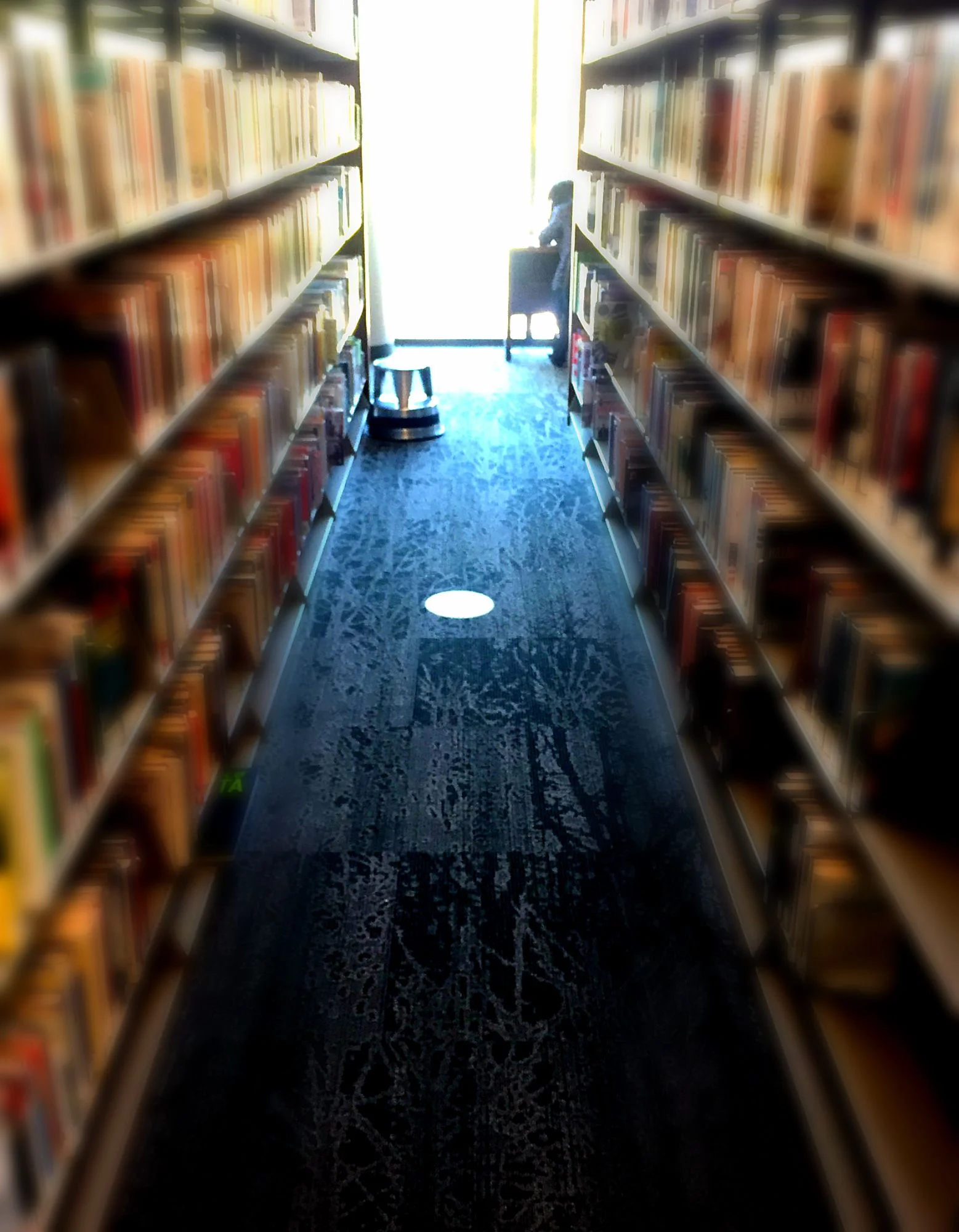Planting a Vegetable Garden
I was young, perhaps eight or ten, when I was lucky enough to be introduced to the concept of growing one’s own food. I’ve been planting herb and vegetables ever since. There is something magical about eating food planted and watered and harvested by oneself. It is part of a human drive that is 10,000 years old, since the first human dropped seeds in a furrow to see what would happen. Adults can lose sight of that wonder, yet ask any child under the age of ten if they want to plant a vegetable garden and their eyes will light up, they will spring to action, and immediately they will begin brainstorming what to plant.
I planted my first vegetable garden in New England and it was toilsome, backbreaking work to prepare the soil and clear it of rocks. (I learned of raised beds when I planted my second garden.) The final result was well worth it, especially as I watched my parents and brother munching happily on the carrots, lettuce, and squash that I cultivated from seeds. Seeds that begged for a heaping scoop of faith in myself, the weather, and the invisible, mysterious process called life. While I ate my fresh garden vegetables, I looked back and marveled at how little actual work was involved given the great rewards. And I am still in awe of the whole experience. It continues to be magical and empowering. At every place I have lived since, I’ve planted at least a couple pots of herbs and lettuce.
“To take part in the intricate and endlessly interesting processes of providing for your sustenance is the surest way to escape the culture of fast food and the values implicit in it …”
We have evolved to hunt, gather, and cultivate fresh food that moves from our basket, spear, or garden straight to our pot or spit. We were not designed to roam the aisles of a supermarket, selecting caned, food-like items under harsh florescent lights, standing in line behind other annoyed shoppers, wishing we were anywhere else. My experience is that tending a garden and harvesting plants is a much more pleasurable experience than pulling cans, or cry-o-packs, or boxes off 20 foot high industrial shelving. People at our community gardens and farmer’s markets look a whole lot happier than folks stalking the metal canyons of supermarkets.
I know that in our contemporary society it is not an option for most of us, myself included, to cut over to eating only things our raise ourselves. Still, I am convinced that whatever small amount of cultivation we can manage goes a lot further toward keeping us whole, soulful, and mindful than we might think.
“If you’ve never experienced the joy of accomplishing more than you can imagine, plant a garden.”
I look at it like meditation. I would love to meditate all day long, but that’s not sustainable. Instead, I get in 20 to 30 minutes of zazen a day and that is enough to make a noticeable difference in my life over time. It is a slice of mindful, right thinking, that lasts way beyond the actual practice time.
I believe the same is true for our connection to nature and our reconnection to our evolutionary roots. By cultivating even a small part of what we eat, we benefit psychologically and spiritually in ways that impact our lives way beyond the actual time spent at the table and in the garden. And after you have experienced food produced organically, just steps from your table, you will seek out better food choices from farmers markets and whole grocers because, in addition the ineffable connection to the land and forces of life, it just plain tastes better.
Like many other things, kids get it right away. They find it easier to access the magic and excitement of producing their own food than adults do. It is true that, in general, children are in greater awe of the world because it is so new to them. And yet, I think there is more to it than just lack of experience. Kids naturally gravitate toward the simple. And what could be simpler than a garden. Dig a little hole, put seeds or seedlings in, cover, water, and watch the supernatural take hold of your experience. It sparks a child’s fertile imagination in a way that is wondrous (and occasionally envy inducing) to behold. And what’s better, by sharing a garden with children you are teaching them where real food comes from (not a supermarket.)
“Why try to explain miracles to your kids when you can just have them plant a garden.”
Starting a vegetable garden can be as simple or complex as you have time and money. At the cheap and easy end, a small pot, with soil, in a sunny spot is all you need. Then there are the people who go all out. I know a guy who has filled his entire back yard with green houses and raised beds and rarely shops for vegetables or fruit because he grows everything his family can eat and more. Most vegetable gardens fall somewhere between these extremes. But the benefits of pride in directly sustaining oneself and the reconnection to one’s humanity are just as powerful whether you measure your garden in pots or acres.






